06 Mar Sibya 2017: Media in the Digital Age
Sibya 2017, an annual media educational forum event, once again was held at the SM City Cinema 1 on Saturday, March 4. Forum speakers for this year were Mara Cepeda from Rappler, Jeff Canoy from ABS-CBN, and Ed Lingao from TV 5.
Sibya is a Visayan word in reference to media’s main function since the word means, “to broadcast” or the act of making something widely known.
Mara Cepeda graduated cum laude with a communications degree from the Ateneo de Manila and was the former editor-in-chief of The Guidon. She is currently a writer for Rappler.com and focused on the House of Representatives and the laws that the Duterte administration are planning to enact.
Jeff Canoy is a well-known ABS-CBN reporter who is assigned to cover mostly natural and man-made disasters. He is known for his extensive news coverage of Typhoon Sendong in 2011. He also covers the PNP and the war on drugs from the Manila perspective.
Ed Lingao is the popular TV reporter and newscaster for TV 5’s night time news program, ‘Aksyon Tonite.’ He has more than 25 years of journalism experience and has worked with several news organizations including the Manila Chronicle, the Manila Times, ABS-CBN, and the PCIJ (Philippine Center for Investigative Journalism).
Sibya is the brainchild of the Crusader Publication and the Development Community Society of Xavier University, Ateneo de Cagayan. The annual event is an educational congress and forum that gathers student journalists from different high school and college publications from schools in the region, as well as communication majors and other interested professionals and participants. Aside from the learning forum, the event seeks to foster cordial relations between school publications as well as to serve as an avenue for collective learning about specific trends in the media and their role in social and political participation that feature experienced media practitioners.
Each annual Sibya also includes competitions in essay writing and photography with categories for both high school and college publication participants. The first ever Sibya was in 2012 that began the tradition of holding it at the SM Cinemas. The theme at that time was “Social Media for Social Change” and the guest speakers were all from Rappler.com in the persons of Maria Ressa, Patricia Evangelista, Chai Hofilena, and Michael Josh Villanueva.
In 2013, the Sibya theme was “Investigative Reporting for the Informed Choice” and featured Jiggy Manicad and Justin Joyas from the GMA News Network. The 2014 theme was “Communicating Causes through Stories” and featured Ditsi Carolina, Atom Araullo, and AG Sano from the ABS-CBN News Network. In 2015 it was “Making Quality Media in the Mainstream” with speakers such as Lourd de Veyra from TV 5, Marites Vitug from Rappler, and Nancy Carvajal from the Philippine Daily Inquirer. Last year’s theme for Sibya was “Media in Molding the Nation’s Perspective.” Guest speakers were John Nery – editor-in-chief of the Philippine Daily Inquirer, Bea Cupin from Rappler, and Jun Sabayton – social satirist, director, host, and “Bayaw” of TV 5.
Program Proper
The first speaker was the young Mara Cepeda who regaled the mostly young audience with her Rappler experiences. Mara mostly gave a sort of recap lesson on what journalism should be, its approaches, and how to respond to it. Listening to Mara was like listening to a college journalism teacher, so the younger crowd responded well, while the older crowd was just listening raptly.
Jeff Canoy was very corporate all the way, again regaling the young audience with just how hard it is to be a journalist especially with someone like him covering the natural disaster beat. He mostly demonstrated how his mother company benefits well from using digital age technology that has virtually made the two- or three-man camera team into a one-man multi-tasking team. Jeff showed three videos, one pertaining to his use of existing CCTV cameras to make a story on the flooding in Iligan City during Typhoon Sendong, another showing how they used Go Pro technology in their coverage of the recent Black Nazarene procession, and his one-man coverage of a male professional pole dancer in the U.S.
Ed Lingao was his usual funny self, asking the audience questions such as, “why do you want to be a journalist?” and “where do you get your news?” before launching into his talk. He shared his frustration at people, even professionals, getting their news from social media sites which are almost totally unreliable. He offers his dismay at mainstream media being labeled as corrupt, biased, and producers of fake news, though he offers that there is some truth to this, but it doesn’t cover everyone. It seems that because of this, ordinary netizens have taken it upon themselves to label themselves as “media” just because they are posting on social media.
Ed advises that to be a real journalist you need to go back to the roots of “reading” books. It’s far different from reading from Google searches and social media because often what is found on the internet are just “snippets” of the whole story. Because of technology and the internet, everyone seems to feel like an “expert” since everything is at the click of the fingertips. He cautions that to be an “expert” especially in media entails hard work. He also shares that there’s really nothing wrong with being “biased” so long as that bias works to seek out the truth.
To be biased is to be critical, and being critical is the first job of a journalist in seeking out the truth. Ed claims that without bias a reported is little more than a court stenographer, or worse, a PR mouthpiece for an organization. For potential journalists, aside from the lessons of the five “W’s” and one “H,” Ed also offers the lesson of MA-PA-Weh: Malay ko means that you don’t know anything and it’s your job to find out from reliable sources; Pakialam ko means that you need to find out because you care about the issue; Weeehh, totoo? Means that you need to scrutinize the issue more to verify that the source is reliable.
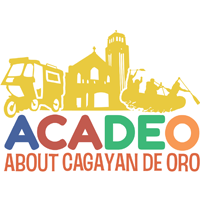
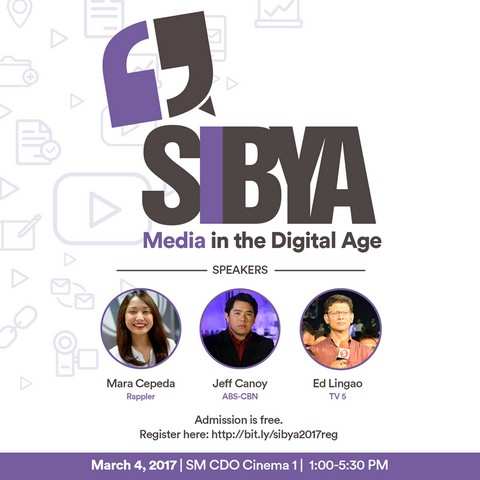
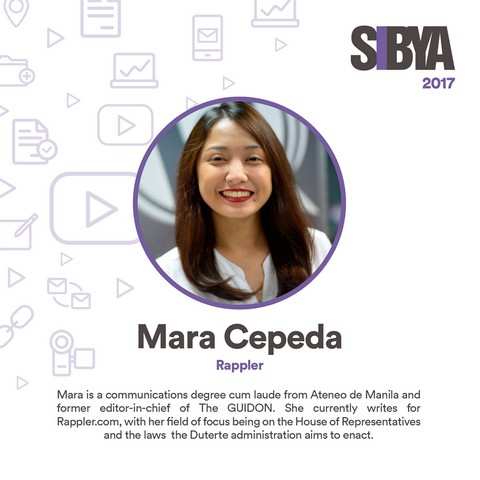
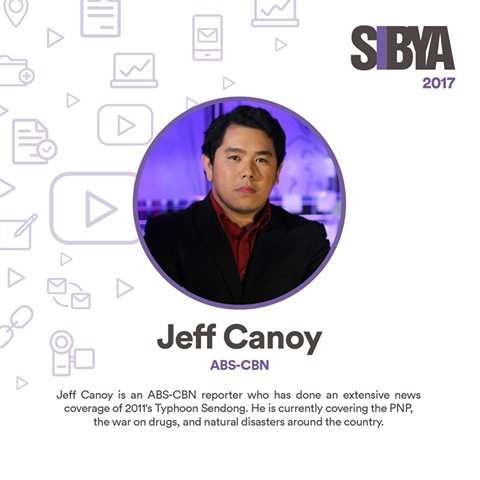
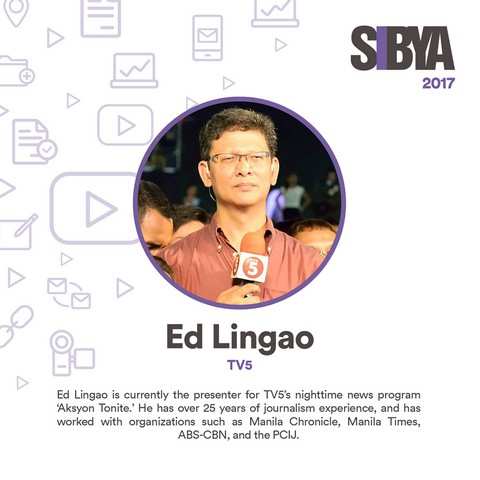


No Comments